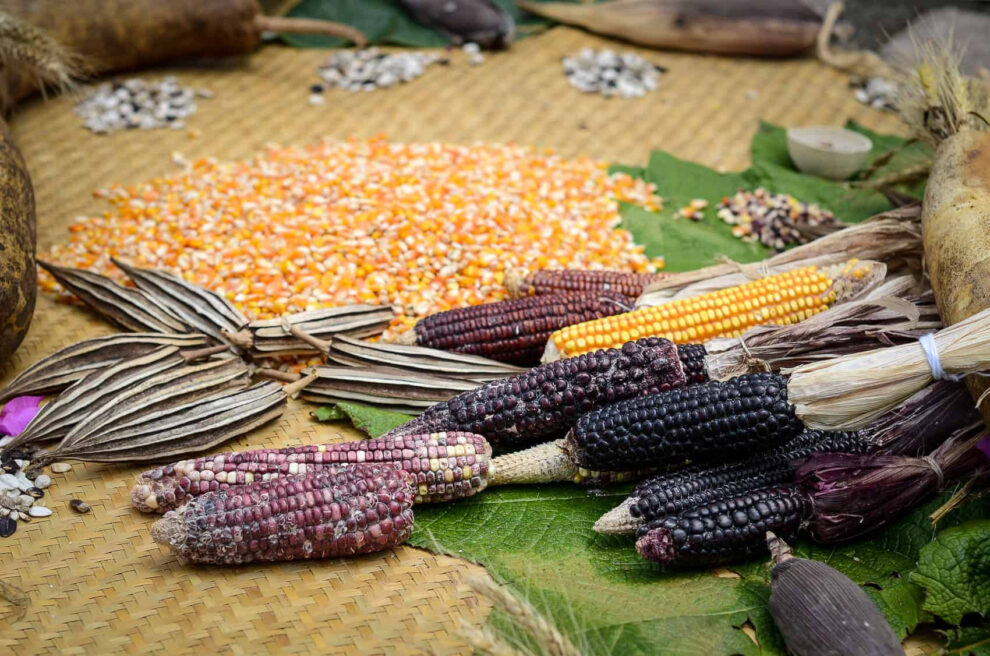July is usually one of the best months of the year for gardening in Costa Rica. Ticos refer to this time as “el veranillo de San Juan” (“little summer of San Juan”), a period of less rain and more warm, sunny days before the heavy rains begin in August.
Most of the crops planted earlier this year are now beginning their harvests. Fresh corn is one of the special treats at this time of the year, as well as beans, squash, garden vegetables and tropical fruits. It’s also a good time to continue planting flats of garden greens, onions and tomatoes for the months ahead.
Try planting hardier vegetables at this time, such as cabbage, kale, collards, green bunching onions and Chinese cabbage. These crops grow well in the rainy season, whereas lettuce, tomatoes and cucumbers do well in container plantings under the eaves in sunny locations or in a greenhouse. Beans, sweet potatoes, peanuts, squashes and radishes can be planted directly in the garden beds now.
The optimal lunar planting dates for the month are July 6 to 11. Weather reports predict another turbulent season of heavy tropical storms this year, likely due to global warming and the vanishing rain forests that once kept the balance in the water cycle – more reason to plant trees this year to help change our present direction on the planet.
July represents the latest “safe” date for planting trees, as young trees need sufficient time to root well in the soil before the dry season arrives at the end of the year. Fruit trees such as citruses, mangos, avocados, star fruit, coconuts and rambutan are good choices for home lots. Check with your local nurseries for grafted fruit trees appropriate for your location. To give each young tree a good start in life, prepare each planting site with a five-gallon bucketful of homemade or commercial organic fertilizer.
July continues to be a great time to make compost fertilizer from those grass clippings, leaves and biomass collected around the home. Although I now mow the lawn twice a month, I don’t see it as a chore, but more as an opportunity to harvest green gold for making rich organic fertilizer. Free fertilizer helps lower the cost of growing homegrown food, which in turn means lower food bills each week.
Source : Ticotimes









